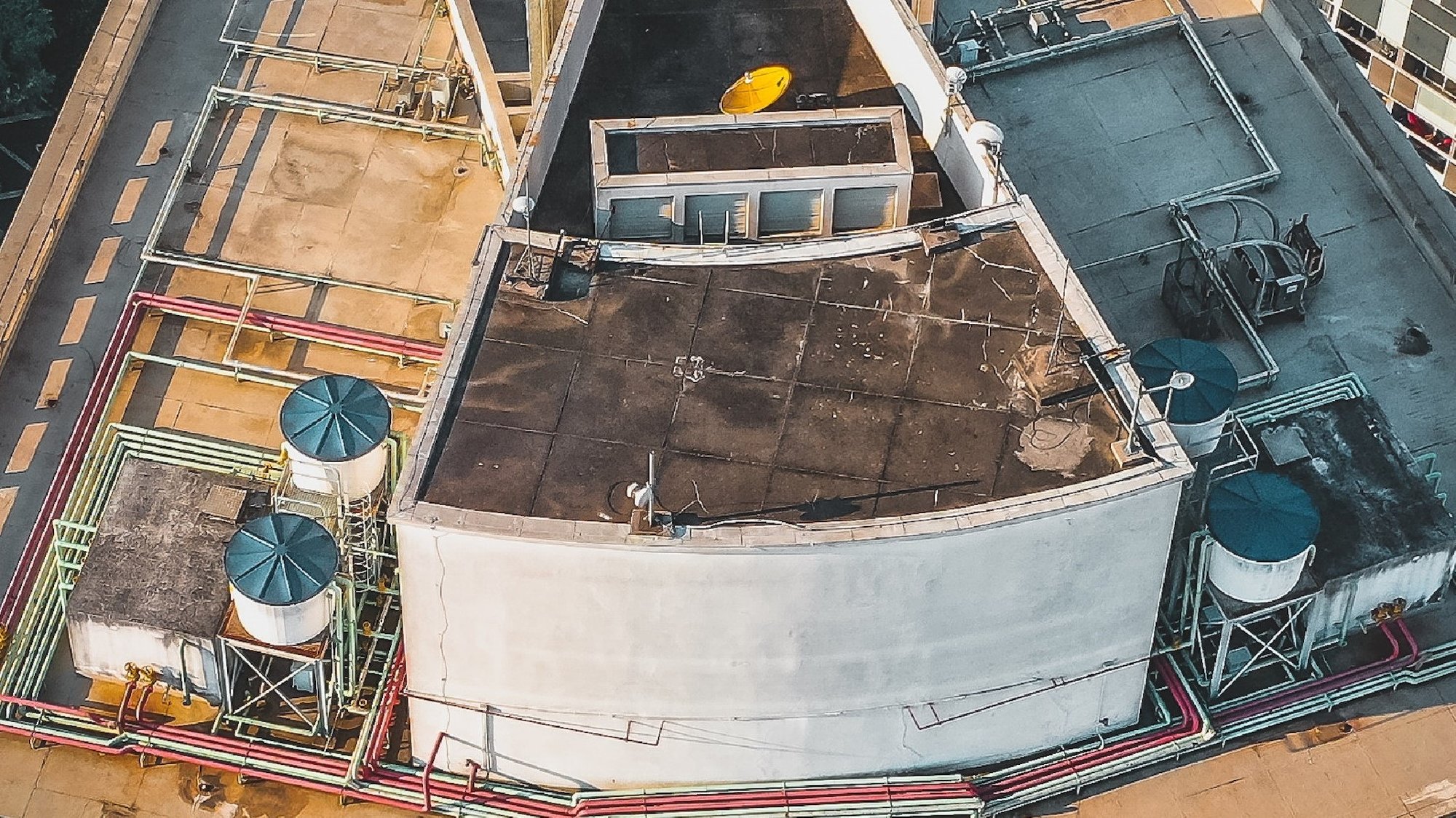
How to Improve Cooling Tower Efficiency & Recirculate More Water
How to Improve Cooling Tower Efficiency & Recirculate More Water
June 30, 2023
3 minutes
Water Treatment
By Tee Mariga
Download Free Water Treatment GuideHow to Improve Cooling Tower Efficiency & Recirculate More Water
One of the central obstacles to high cooling tower efficiency is restrictions in water flow through process pipes, often due to the buildup of scale. Productivity naturally declines when pipes are restricted. The less flow there is through narrow, scale-lined pipes, the less throughput and efficiency of your equipment.
Deposit formation is a predictable and normal threat to throughput, but not one that is unavoidable. Calcium, carbonate, manganese, silica, and other deposit-forming ions can be found in almost all natural waters. Adding an antiscalant to process water is necessary to delay deposit formation due to hardness-forming salts — like calcium carbonate (CaCO3) — and improving operation productivity.
Why Scale Threatens Throughput and Your Budget
Unless pipes become fully blocked or so corroded that they leak, your cooling tower may seem from the outside to continue functioning as normal. Scale buildup is an invisible nuisance that is often noticed only indirectly in reduced efficiency and higher energy costs. It happens gradually, which can make it even harder to detect until the problem is severe.
Any hindrances of a 100% productive flow will have an impact on cooling tower efficiency. Less flow means less throughput, even while equipment operates for the same amount of time. This, in turn, means equipment with scale must be run harder and longer to achieve the same results as a clear system without clogged pipes.
Some water process pipes are already very fine in size, which can turn scaly deposits into a major bottleneck. Scale control is necessary to allow for more cycles to run and to increase the volume of recirculated water. With scale-free pipes, you’re effectively cooling down hot process water faster.
How to Improve Cooling Tower Efficiency With Antiscalants
Scale inhibition efforts will rely upon the right added chemicals to take control of unpredictable process conditions and prevent costly equipment damage. Antiscalants such as polyacrylates, polycarboxylates, and EDTA are often used for this purpose. However, many traditional antiscalants are persistent in the environment or can potentially include unwanted side effects.
Phosphonates, for example, are polymers that are high in phosphorus compounds and demonstrate strong antiscalant properties. However, they also contribute a lot of phosphorus to the environment in wastewater, and high loads of phosphorus can trigger algae blooms because the water is overloading nutrients into the environment.
Careful chemical selection is necessary to balance desired antiscalant performance with cost, weight efficiency of the chemical, and environmental concerns.
Why Choose Soltellus™ Antiscalant For Cooling Tower Efficiency Improvement
The best antiscalant for cooling towers, heat exchangers, and other commercial or industrial water processes today is likely Soltellus. This water-soluble polymer is a derivative of aspartic acid — a simple and natural amino acid that is necessary to most living cells.
Because polyaspartate is biodegradable, it does not suffer from any of the concerns facing other chemicals that are leaked from process pipes or released in wastewater. It degrades over time and also performs exceptionally well as an antiscalant for many common types of deposits.
It’s available in both powder and liquid formats for cooling towers as Soltellus, an advanced formulation developed from bioengineering minds at Lygos. As a biodegradable alternative to traditional antiscalants, Soltellus not only prevents scale buildups, but acts as a hardness stabilizer with corrosion inhibitor properties for water process pipes. This prolongs the life of capital assets and equipment while also maximizing throughput.
Contact Lygos to learn more about Soltellus and how it can help you maintain cooling tower efficiency and recirculate more water.